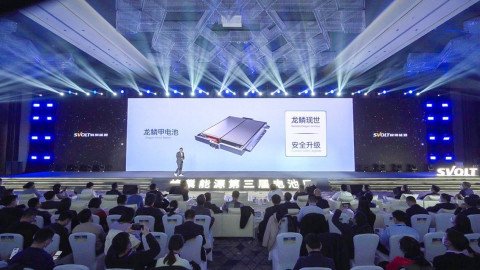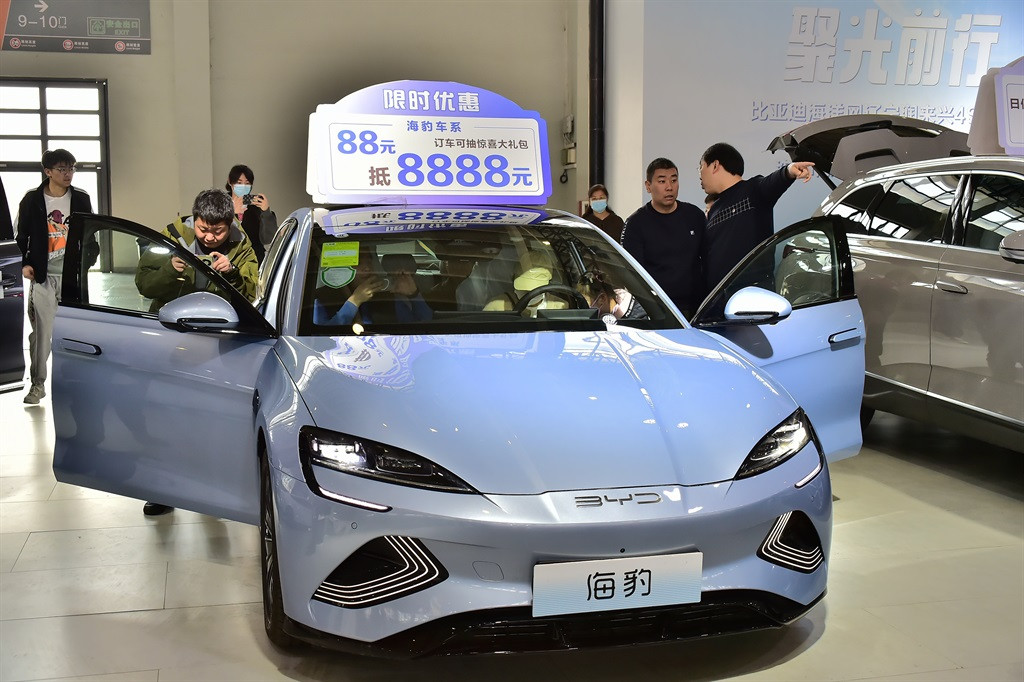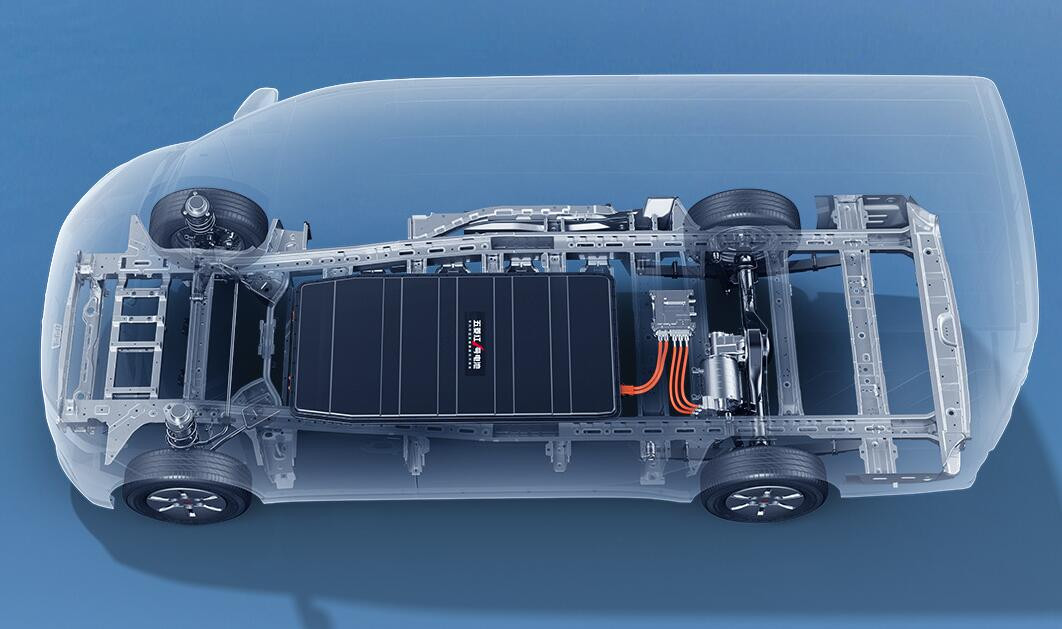SAIC-GM-Wuling reveal battery pack for commercial NEVs in China
The automotive JV between SAIC, GM and Liuzhou Wuling Automobile in China has launched 'Wuling Red 1', a power battery pack designed for commercial new energy vehicles (NEVs), which is claimed as the 'thinnest' in its class with just 148 mm thick.
The battery pack features 9-channel liquid-cooled structure, claimed as first-of-its-kind with liquid-cooling technology in the commercial vehicle segment. It can also support fast charging, energizing from 30 percent to 80 percent SoC in just 30 minutes, according to the developer.
During the tests, the battery cells used in the pack are said to have retained more than 80 percent of its life even after 4,000 complete charge-discharge cycles. They did not catch fire or explode in pin-prick tests either, claims SAIC-GM-Wuling.

SVOLT's 'Dragon Armor' EV battery boasts enhanced safety, long-range
The cooling system kicks-in when the battery temperature exceed 38°C at the time of charging, and shuts-off when the temperature drops below 35°C, thus maintaining optimum temperature for efficient charging and discharging.
It is unclear whether the company is developing battery cells in-house on its own. The battery pack is ready for mass production and will debut in the brand's upcoming commercial electric vehicles.
SAIC-GM-Wuling is already making compact electric cars built on GSEV (Global Small Electric Vehicle) for the Chinese market, along with its conventional ICE-powered cars. The company is targeting to sell 700,000 new energy vehicles (NEVs) this year in the local market.
(With inputs from CNEVPost.com)


















